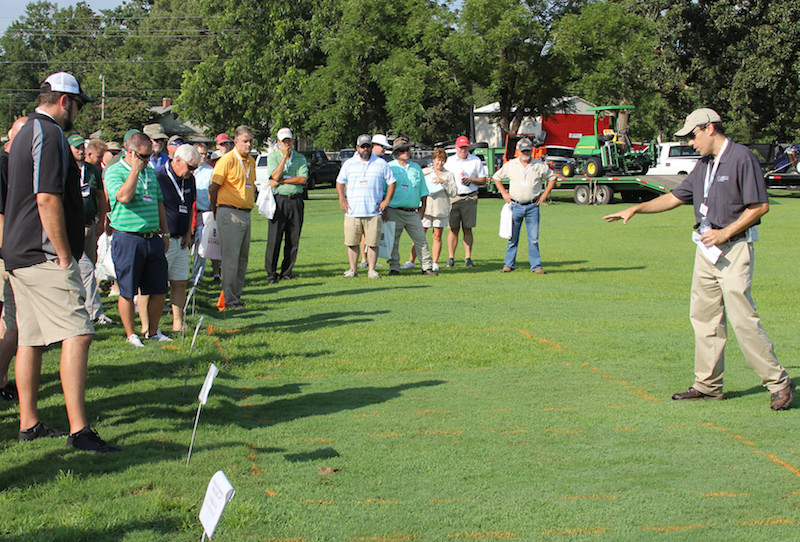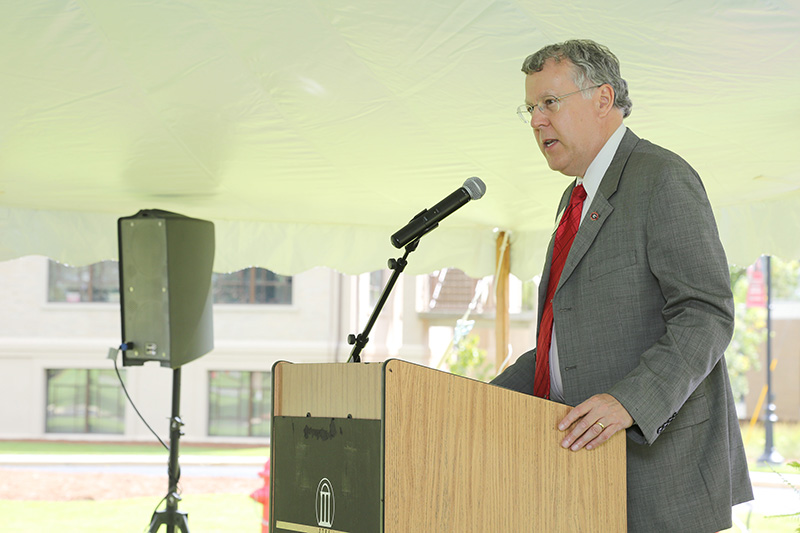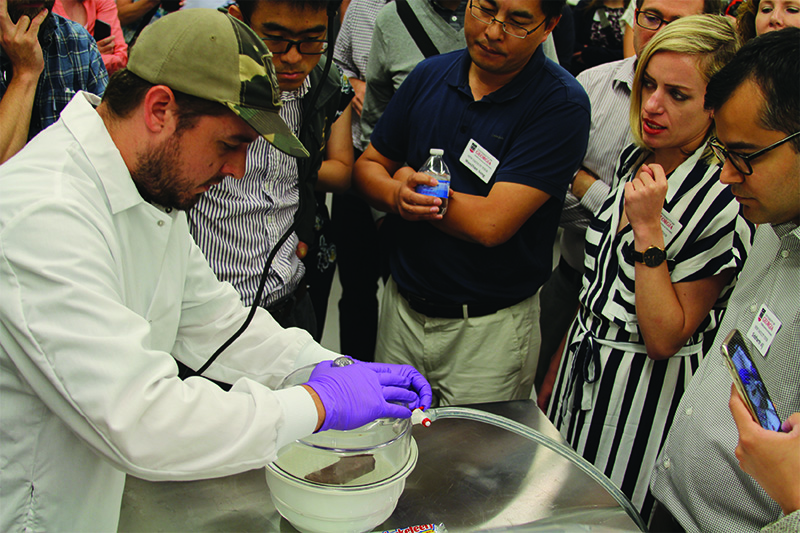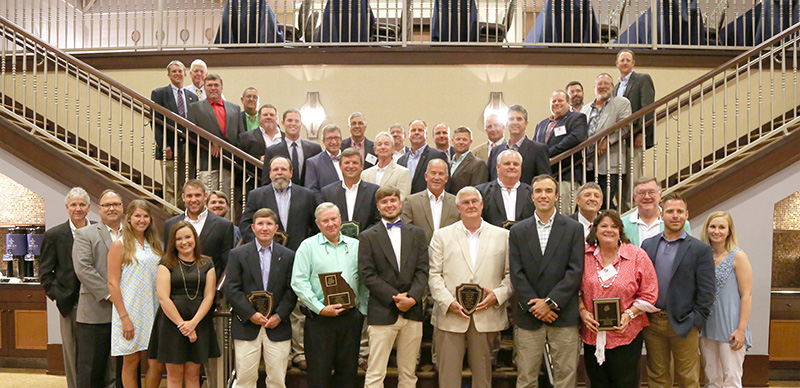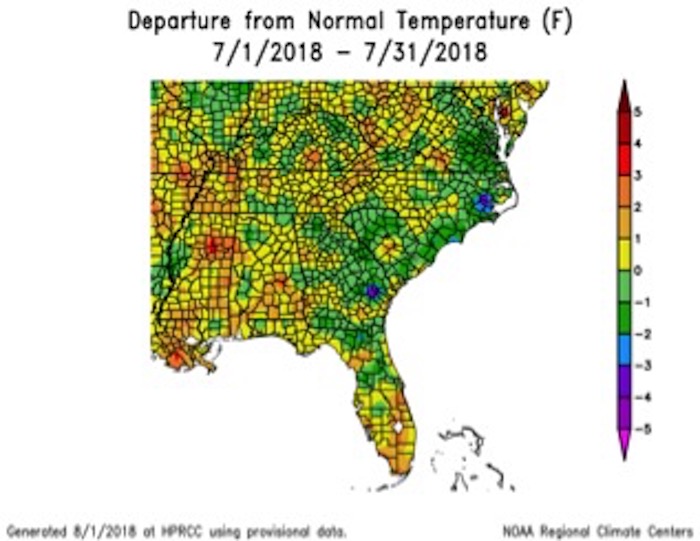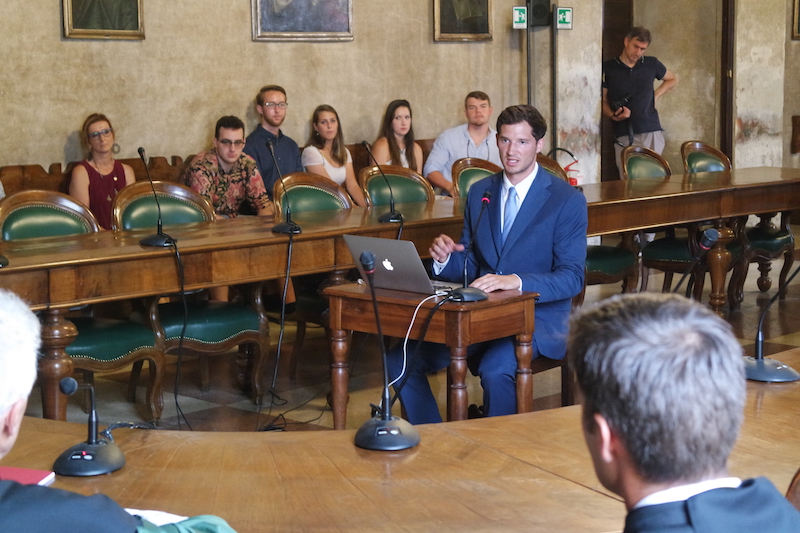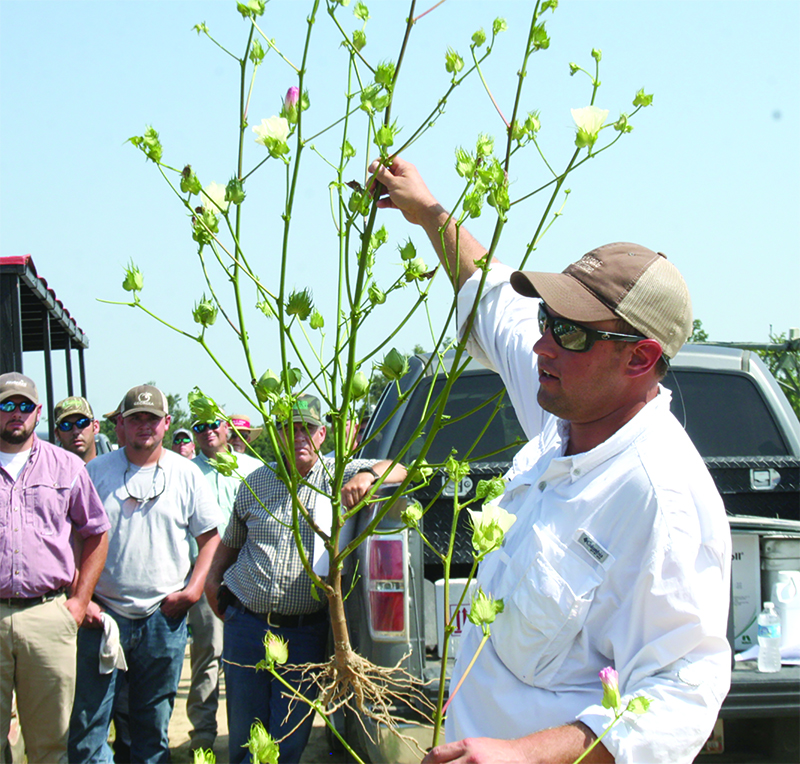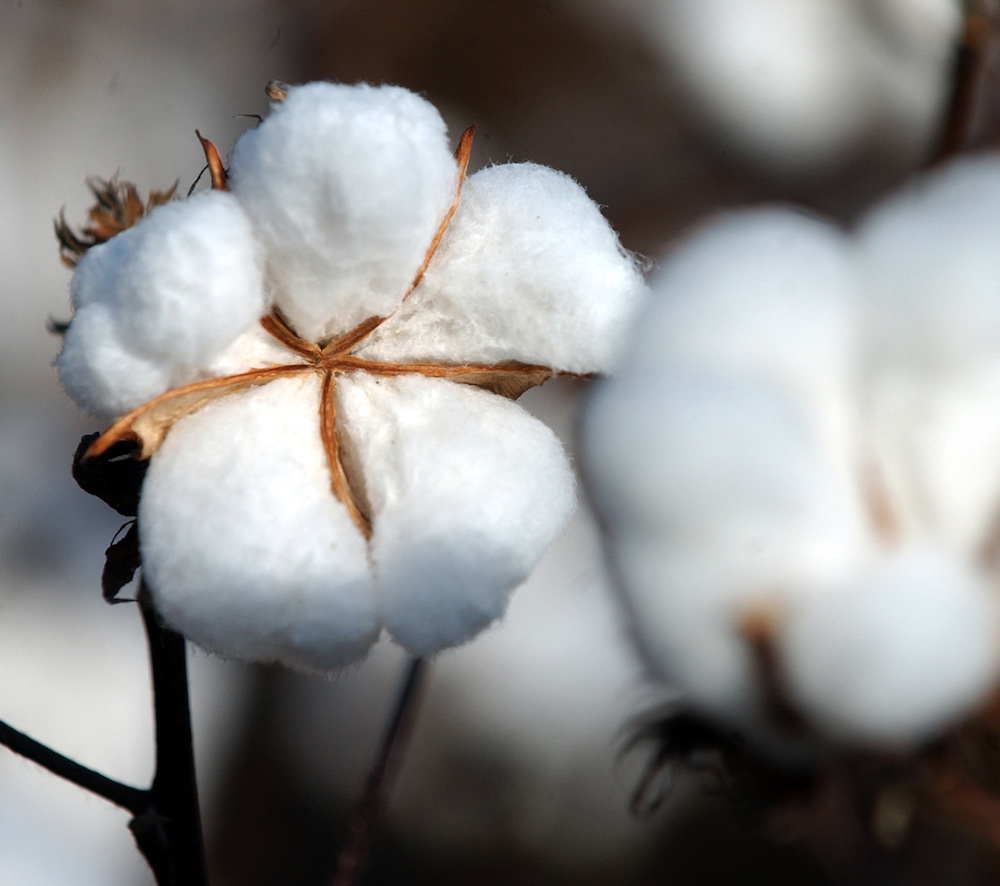 CAES News
CAES News
Crop and Soil Sciences
Janine Sherrier believes the University of Georgia Department of Crop and Soil Sciences’ focus on long-term sustainability is vital to the viability of Georgia agriculture and the farmers who make it the No. 1 industry in the state.

